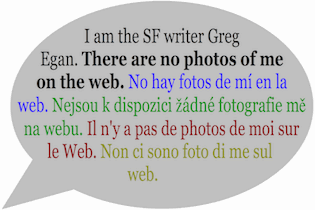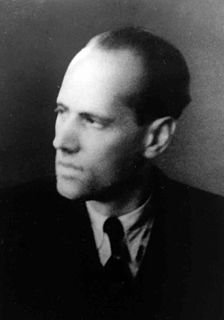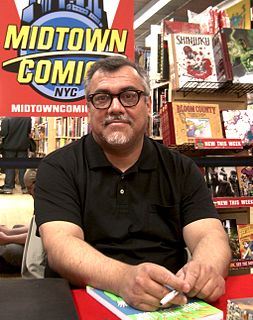A Quote by Greg Egan
Pop science goes flying off in all kinds of fashionable directions, and it often drags a lot of SF writers with it. I've been led astray like that myself at times.
Related Quotes
Very little in science fiction can transcend the gimmickry of a technical conceit, yet without that conceit at its heart a book is not truly science fiction. Furthermore, so little emerging thought and technology is employed by sf writers today that the genre is lagging far behind reality both in the cosmology area and the technology area: sf is no longer a place to experiment, but is now very derivative.
I feel like a lot of people look at pop music with a very formulaic perspective in numbers and patterns, but an outsider would think that the process is very natural. It is, but there are a lot of times where people treat it like a sport - there are tricks you can pull, different combinations that make something better. I don't really think I approach it that way, but I definitely have a love for the science that is pop song writing.
There are certain kinds of people who write science fiction. I think a lot of us married late. A lot of us are mama's boys. I lived at home until I was 27. But most of the writers I know in any field, especially science fiction, grew up late. They're so interested in doing what they do and in their science, they don't think about other things.
Today, not a numerous, but an active part of the German people are beginning to realize, not that they have been led astray, not that bad times await them, not that the war may end in defeat, but that what is happening is sin and that they are personally responsible for each terrible deed that has been committed - naturally, not in the earthly sense, but as Christians.
What writers of fantasy, science fiction, and much historical fiction do for a living is different from what writers of so-called literary or other kinds of fiction do. The name of the game in F/SF/HF is creating fictional worlds and then telling particular stories set in those worlds. If you're doing it right, then the reader, coming to the end of the story, will say, "Hey, wait a minute, there are so many other stories that could be told in this universe!" And that's how we get the sprawling, coherent fictional universes that fandom is all about.





































